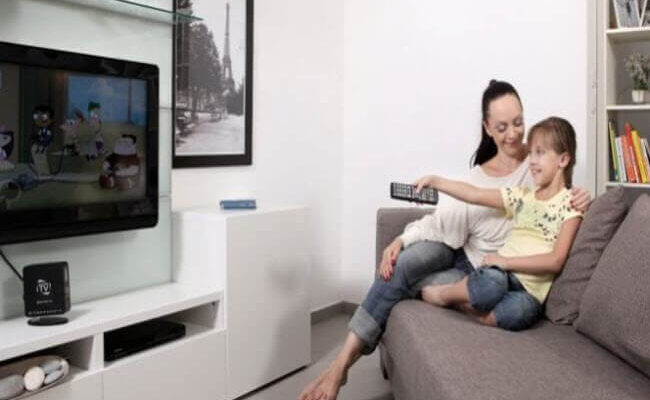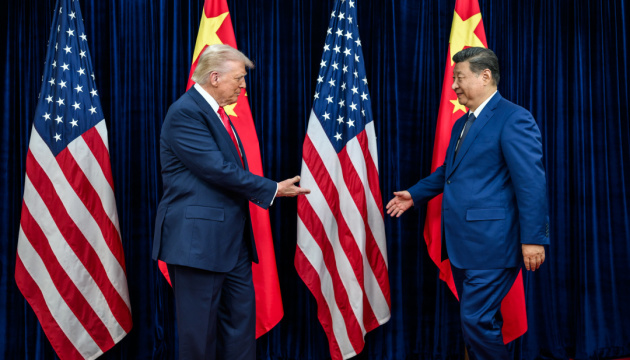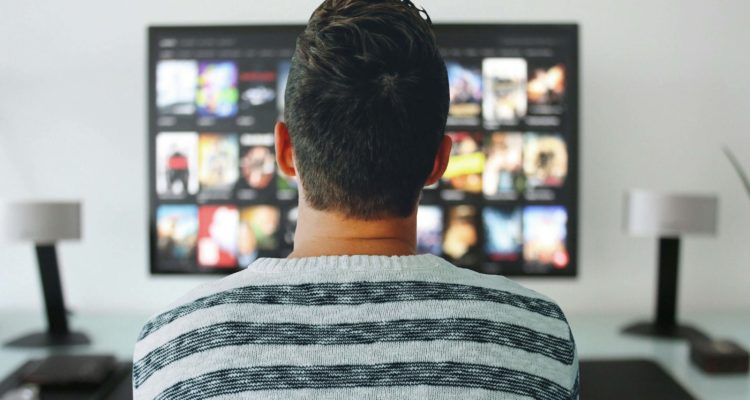
Дослідження вчених з Університету Портсмута показало, що якщо діти дивляться телевізор разом із батьками, це приносить користь їхньому когнітивному розвитку. Йдеться про найменших малюків віком до двох років.
Британські дослідники разом із французькими колегами вивчали вплив так званого пасивного використання екрану на розвиток інтелекту маленької дитини. Вони встановили, що незалежно від форми екрана (будь то телевізор або смартфон із планшетом), його перегляд корисний, але тільки залежно від умов. Спочатку вченими було проаналізовано 478 досліджень, які опублікували за останні 20 років.
Висновки цих досліджень однозначно показують, що перегляд телевізора в ранньому віці шкідливий для розвитку мови та виконавчих функцій малюків, а також для їх ігор. Але з’ясувалося, що коли зміст того, що дивиться дитина, близька їй за віком, перегляд матиме позитивний ефект. Особливо, якщо він призначений для заохочення взаємодії.
Причому час біля екрану телевізора особливо цінний для дитини, якщо поруч із ним перебуває дорослий, наприклад, тато чи мама. У цьому випадку малюки не просто пасивно дивляться, але ставлять запитання та спілкуються. Цей контекст відіграє важливу роль у визначенні сили та характеру впливу телебачення на когнітивний розвиток дітей. Спільні перегляди також сприяють розвитку мови дитини та дають дітям зразок для наслідування при формуванні поведінки під час перегляду телепередач.


 4254
4254






